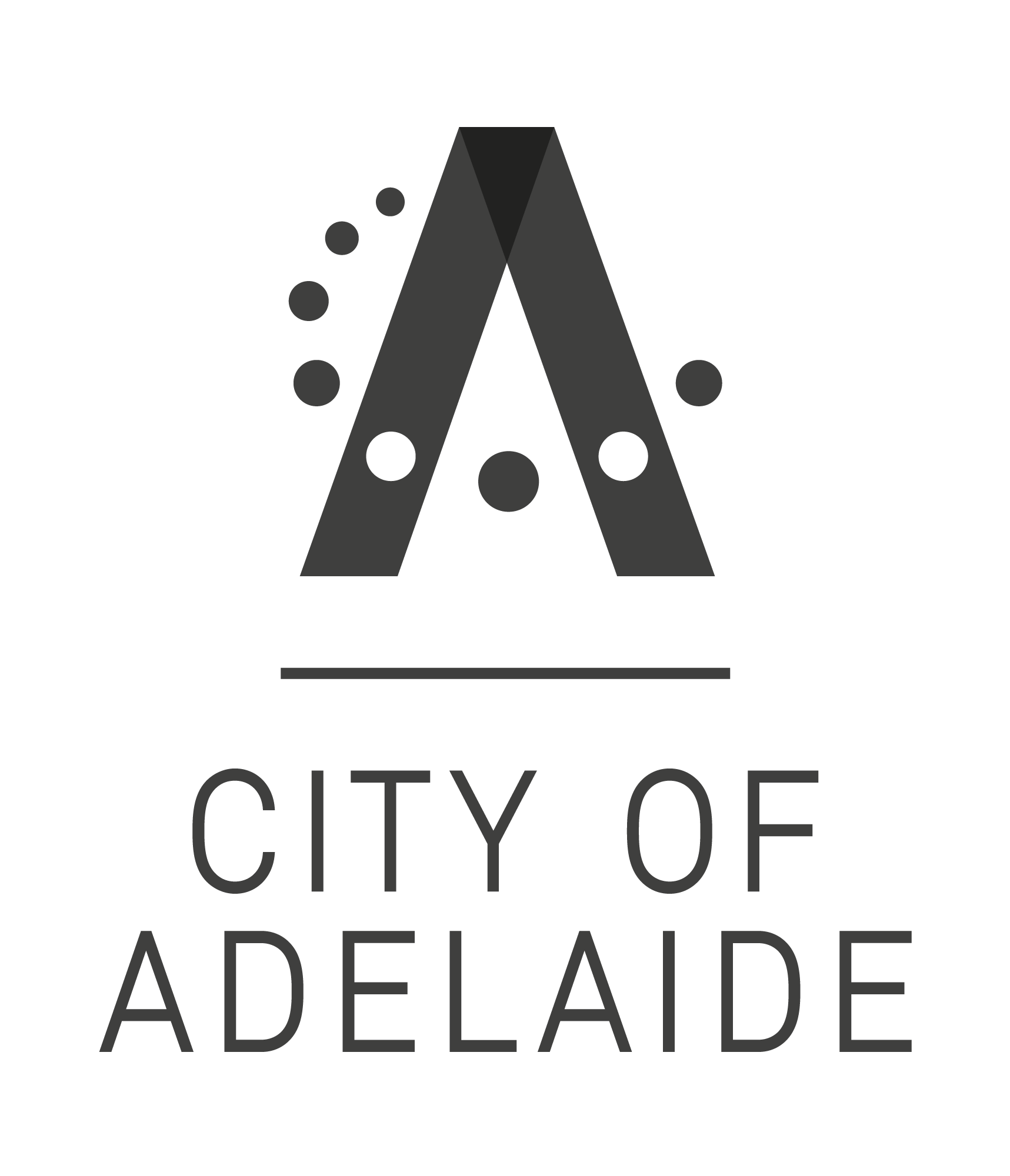
Re-imagining recycling for businesses in the City of Adelaide
Jurisdiction: South Australia
How do we identify the best locations to implement a zero avoidable waste approach for businesses? How do we maximise the use of these locations so businesses feel empowered to waste less and recycle more?
This challenge will focus on the ‘reduce, reuse, recycle’ hierarchy in the City of Adelaide (CoA) and aims to determine possible precincts where there is value in joining businesses together to improve sustainable practices. A precinct consists of a clustering of businesses (less than five minutes walking distance) where multiple businesses have access to a common location, such as a laneway, plaza, or street space.
Your projects should consider the following:
• Best locations for the precincts using available spatial datasets
• Outputs that will allow users (i.e., businesses) to share information and/or data that maximises business use of the precinct. This could include elements (e.g., a website, gamification, apps, signage) that drives engagement so businesses feel empowered to waste less and recycle more.
• Other energy technologies that can be included in the project (e.g., battery, solar panel use).
• The success of the project will depend on the user’s acceptance to change. It is important to address this barrier in the proposed solution.
About the City of Adelaide’s zero avoidable waste goal:
The CoA Circular Economy Team’s Vision is to be the first city in Australia to achieve ‘zero avoidable waste to landfill’. The CoA Resource Recovery and Action Plan provides an eight-year framework to redefine the concept of waste, recover more resources, and build a circular economy within our city. Opportunities to collect useful and accurate data, including methods to automate it and innovate based on the findings, are significant. Centralised data platforms could support feedback loops to track our progress, monitor environmental impacts and clearly see results on implemented initiatives. This will allow a dynamic system that can be adapted as needed in order to reach our City’s goal.
There are five priority items which will help us achieve the vision of becoming the first zero waste city in Australia:
• Eliminate food waste
• improve education and outreach
• foster technology and innovation
• prioritise reduce, reuse, and recycling practices
• advocate for change in the waste space.
Along with the Strategy and Action Plan, we have several datasets to identify locations and opportunities to maximise resource recovery throughout the city. This includes datasets from our community precincts, investment insights, and SA public sector data portals.
Additional Information:
Relevant links:
• https://www.cityofadelaide.com.au/business/support-resources/
Image credit: Aerial view of the city of Adelaide, Airborne Media.
Eligibility: Use an open government dataset to support your project.
Entry: Challenge entry is only available to teams in South Australia.
Dataset Highlight
The South Australian Property and Planning Atlas
Data SA Map Viewers
City of Adelaide - Resource Recovery Action Plan
City of Adelaide - Resource Recovery Strategy
Tracking city carbon emissions - Adelaide
Adelaide Economic Development Investment insights
Adelaide Park Lands Community Land Register
City of Adelaide ward boundaries
City of Adelaide Precinct Maps
